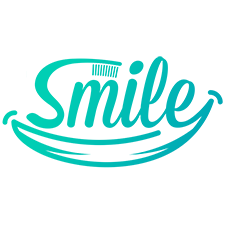Your Sleep Apnea Treatment Procedure
It is always recommended to have an open dialogue with your healthcare provider to tailor a treatment plan that suits your individual needs and preferences, ensuring that you embark on a path that not only alleviates your symptoms but also aligns with your comfort and lifestyle. Let's work together to find the approach that brings tranquility back to your nights and vitality to your days.
Consultation: Our dentist will discuss your symptoms and medical history to determine if you are a good candidate for a dental sleep apnea device.
Examination: A detailed examination of your mouth, jaw, and airways will be carried out. This can sometimes involve taking X-rays or impressions of your teeth.
Device Fabrication: Based on the examination, a custom dental device will be designed. These devices often aim to either reposition your lower jaw or restrain your tongue to prevent it from obstructing your airway while you sleep.
Fitting: Once the device is ready, you will have a fitting session where the dentist will adjust the device to ensure it is both effective and as comfortable as possible.

After Your Procedure
Regular follow-up appointments at our practice will be scheduled to closely monitor your progress and make any necessary adjustments to your sleep apnea device, a key step in ensuring the successful management of your condition. This collaborative approach often involves a seamless partnership between your dentist and sleep specialist, working hand-in-hand to assess the effectiveness of your treatment and make any essential adjustments.
During the adaptation period, which is characterized by a phase of acclimatization to the device, open communication with your dentist is encouraged to address any discomfort or issues that you may encounter, facilitating necessary modifications for an improved experience. Moreover, to maintain its effectiveness and longevity, the device requires regular cleaning and maintenance, akin to any other dental appliance, solidifying it as a pivotal component in your journey to better sleep and overall well-being.





